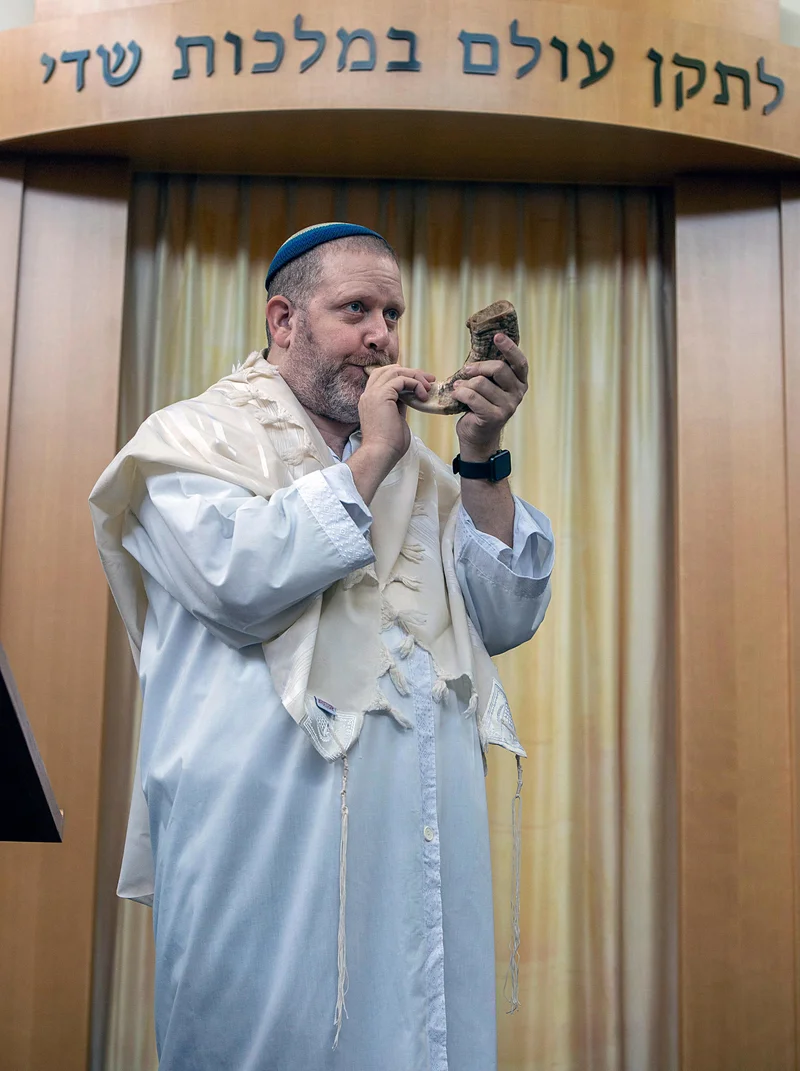360° Financial Trend Detection
360° Financial Trend Detection
So, the calendar turns, and here we are again. Yom Kippur, 2025. Sundown on Wednesday. In New York, the fast starts at 6:19 P.M. In Jerusalem, it’s 5:44 P.M. A 25-hour period of what’s supposed to be "deep soul accounting," fueled by an empty stomach.
Except this year, like last year, the hunger feels different.
It’s not just the familiar, gnawing emptiness you get around hour 18 when you’d kill for a glass of water. It’s something else. Something uglier. A hunger loaded with the weight of headlines and horrors that a simple fast can't possibly atone for. This is the second Day of Atonement under the shadow of the Gaza war, and the performance of piety is getting harder and harder to watch.
The Uncomfortable Echo
I was reading about Rabbi Sharon Brous out in L.A. She’s with the IKAR congregation, and she’s not pulling any punches. She’s connecting the dots that a lot of people are desperately trying to ignore. She’s saying that the hunger pangs felt by a Jew in Los Angeles should, this year, serve as a direct, unavoidable reminder of the actual, literal starvation of people in Gaza.
Let’s be real. That’s a gut punch.
She’s pointing to the Israeli government's decision back in the spring to "seal off the Gaza Strip and restrict all humanitarian aid and food." A decision made, and a famine followed. And now, a few months later, millions of people are supposed to voluntarily stop eating to contemplate their sins? The irony is so thick you could choke on it.
Brous says fear has caused an "atrophying of our moral muscles." That’s a nice, polite way of putting it. I’d call it a full-blown spiritual paralysis. She’s talking about the silence in the community, the terror of speaking out against actions that are, in her words, "antithetical to our Jewish values."
Translation: People are scared witless to say what they actually think for fear of being branded a traitor or a self-hating Jew. It’s a toxic feedback loop where the loudest, most extreme voices set the boundaries of acceptable thought, and everyone else just shuts up and hopes it goes away. It ain't going away.
This is a bad idea. No, 'bad' doesn't cover it—this is a five-alarm dumpster fire of cognitive dissonance. You can’t spend a day contemplating your personal failings while studiously ignoring a catastrophic moral failure being carried out in your name. That’s not soul accounting. That’s just creative bookkeeping.
Building Tents on a Minefield
The proposed solution I’m hearing about is this concept of a "medium tent." It’s Rabbi Brous’s idea for a community that allows for respectful disagreement. A place where you can be critical of the Israeli government without being excommunicated. It sounds nice, doesn't it? A cozy little space for civilized debate.

But how do you build a tent, medium or otherwise, in the middle of a screaming match?
The rule for this tent is that it excludes views that advocate for violence or dehumanization. Okay, fair enough. But who’s the bouncer at the tent flap? What happens when one person’s "self-defense" is another person’s "genocide"? What happens when one person’s "security measure" is the direct cause of another’s starvation?
The whole idea feels... quaint. Like trying to enforce parliamentary rules in a bar fight. The ideological divide isn't a polite disagreement over tax policy. It’s a chasm that’s getting wider by the day, and both sides are convinced the other is not just wrong, but morally bankrupt.
I get the impulse. I really do. You want to believe there’s a middle ground, a place where reason can prevail. But right now, that middle ground looks like a no-man’s-land, and anyone who tries to stand there gets shot at from both sides. It’s a tough peice of logic to swallow.
Then again, maybe I'm the crazy one here. Maybe I’m just too cynical. I sit here typing this with a coffee on my desk, and I can’t even imagine skipping lunch, let alone fasting for 25 hours. Maybe it’s easy for me to judge the impossible choices other people are facing. But the questions don’t go away just because they’re uncomfortable.
The Sound of Silence
On Yom Kippur in Israel, the country famously grinds to a halt. The roads empty. There's a profound, almost eerie quiet. It’s meant to be a national pause for reflection. A sacred time-out.
But what do you reflect on when the silence is deafening?
How do you atone for the sin of seeing and not speaking? For the sin of looking away? For the sin of prioritizing comfort over conscience?
This year, the hunger of the fast isn't just a biological process. It’s a political statement. For some, it’s an act of solidarity with Israel, a shared sacrifice. For others, it’s becoming an act of profound hypocrisy. A ritual disconnected from reality. A performance for an audience of one, hoping that God isn’t paying too close attention to the news.
They expect us to believe that this ancient ritual can absorb all this modern horror and come out unchanged, and honestly...
So when the sun goes down on Wednesday, and the fast begins, the question isn’t just about making it through the next 25 hours without a bagel. The question is, what does this hunger even mean anymore? Is it a path to spiritual clarity, or is it just practice for ignoring the cries of people who are starving for real?
Reference article source: